Home » News » An Exciting Time for Immunotherapy and Immunoengineering at Vanderbilt
An Exciting Time for Immunotherapy and Immunoengineering at Vanderbilt
Posted by anderc8 on Monday, June 5, 2017 in News, TIPs 2016.
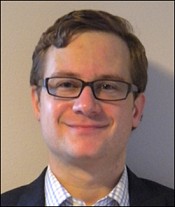
Prof. John T. Wilson
Written by John T. Wilson, Assistant Professor of Chemical & Biomolecular Engineering
Immunotherapy is everywhere nowadays. From advertisements during the NHL Playoffs (Go Preds!) to the front page of the New York Times and throughout the Twitterverse – the impact of cancer immunotherapy is pervasive and here to stay. Whether you are a clinician, an immunologist or a bioengineer, this is an exciting time to be involved in this burgeoning field. It’s also an exciting time on the Vanderbilt campus with an ever-increasing number of visiting speakers, new faculty hires and initiatives focused on immunotherapy and tumor immunology.
Engineering Immunity (EI), established through support from the Trans-institutional Programs (TIPs) initiative, is playing a vital role in catalyzing and fostering the immunotherapy revolution at the university. Some recent highlights include:
- In April, EI hosted Chris Jewell from the University of Maryland. Chris is a rising star in the immunoengineering field, whose work focuses on biomaterials and drug delivery strategies for cancer immunotherapy and autoimmunity.
- In May, EI hosted David Mooney from Harvard University and the Wyss Institute. A pioneer of the immunoengineering field, David’s work in engineered scaffolds for personalized cancer vaccines is moving into the clinic.
- In May, EI supported 10 students and fellows across multiple departments at VU and VUMC who attended the American Association of Immunology (AAI) conference in Washington, D.C.
- EI team members Profs. Jeff Rathmell and John Wilson gave talks at a Veterans Administration (VA) symposium held on campus in honor of Ann Richmond.
EI is also excited to host the first annual Engineering Immunity Symposim on June 16 in Vanderbilt’s new Engineering and Science Building (ESB). The symposium will feature a panel discussion focused on how engineers, immunologists and cancer biologists can work together to innovate solutions to unmet challenges in immunobiology and immunotherapy. A poster session, which will showcase the 10 trainees who received travel awards to AAI from EI/VCI, will follow with refreshments. The event will also include a keynote by Prof. Krish Roy, the Robert A. Milton Chair and Professor of Biomedical Engineering at Georgia Tech-Emory. Dr. Roy is also the Director of the Center for ImmunoEngineering and Director of the Marcus Center for Cell-Therapy Characterization and Manufacturing (MC3M). To register to attend the EI Symposium, click HERE.
We encourage labs and trainees interested in building new collaborations at the intersection of immunity and engineering and material science to attend the event. Interdisciplinary teams will be eligible to compete for EI/VCI Pilot Awards – solicitation for applications is anticipated this summer.
The symposium will provide insight into several exciting new projects from the teams receiving pilot awards from EI and the Vanderbilt Center for Immunobiology (VCI). We are proud to announce the following recipients of these inaugural pilot awards:
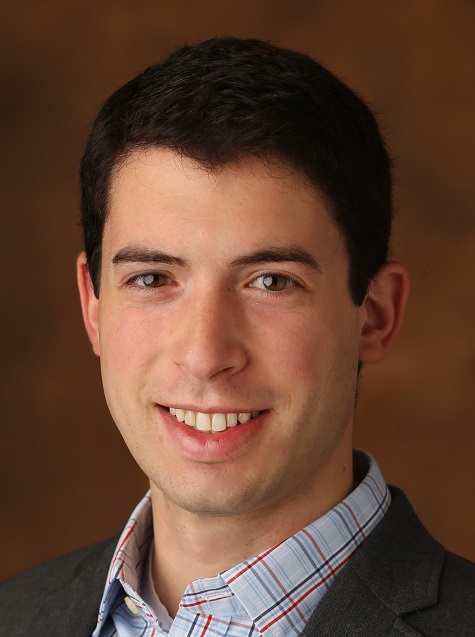
Prof. Ethan Lippmann
Prof. Ethan Lippman
Platform Technology for Generating Highly Specific Cytokine Receptor Antagonists to Control Immune Function
The immune system functions largely through cytokines that signal through many different cell surface receptors, but their binding patterns often overlap across multiple receptors that can lead to very different immunological outcomes. Therefore, the ability to selectively inhibit specific receptors represents a powerful avenue to dictate how cells respond to promiscuous cytokine signals. Dr. Lippman’s lab is developing a selection platform to isolate aptamers – nucleic acids that can selectively bind a defined target – that can block specific interleukin (IL) receptors. By blocking some IL receptors but not others, these aptamers could be used to direct an immune response towards increased therapeutic benefit.
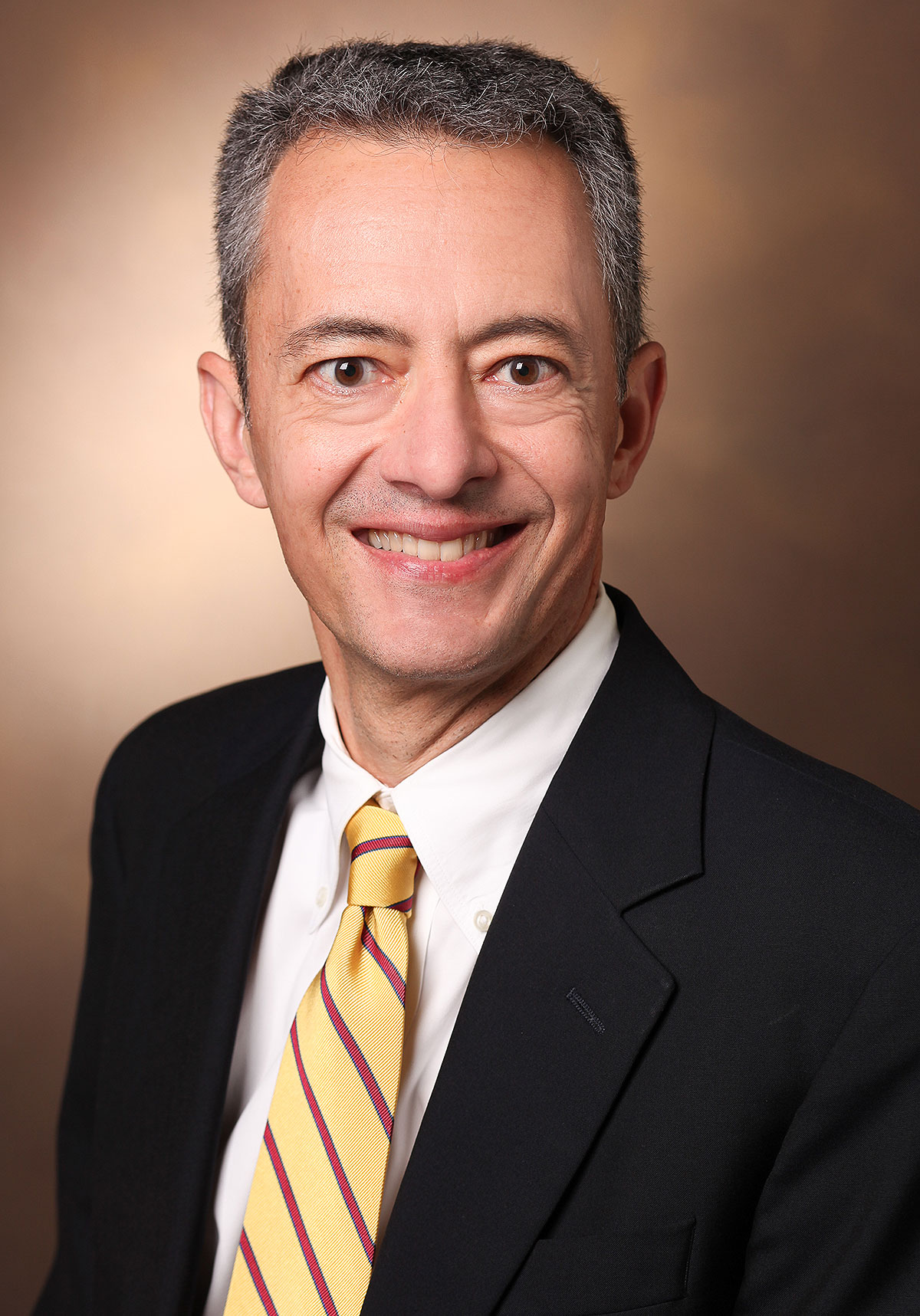
Prof. Todd Giorgio
Profs. Todd Giorgio and Alyssa Hasty
Nanoparticle targeting of M2-like macrophages in adipose tissue
Obese individuals are at increased risk of developing type 2 diabetes (T2D), cardiovascular disease, certain cancers and many other disorders. The Hasty lab has recently demonstrated that macrophages that reside in the adipose tissue (AT) of obese mice have reduced iron content and expression of genes related to iron, yet the role of iron in these macrophage populations, and how this might relate to obesity, has not been explored.
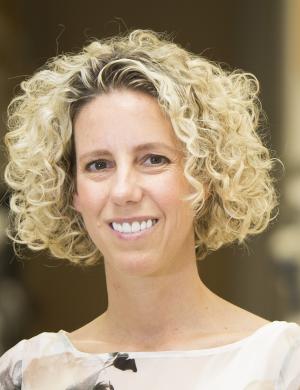
Prof. Alyssa Hasty
Part of the reason for this is a lack of pharmacological inhibitors of iron-related proteins as well as systems that can specifically target macrophages. The Giorgio lab is using nanoparticles designed for siRNA delivery that are coated with mannose. The mannose coating enhances targeting of AT macrophages and the siRNA can inhibit genes involved in iron handling. By working together, the Hasty and Giorgio labs are positioned to answer these important questions while also potentially developing a therapeutic that harnesses the immune system to counteract obesity.
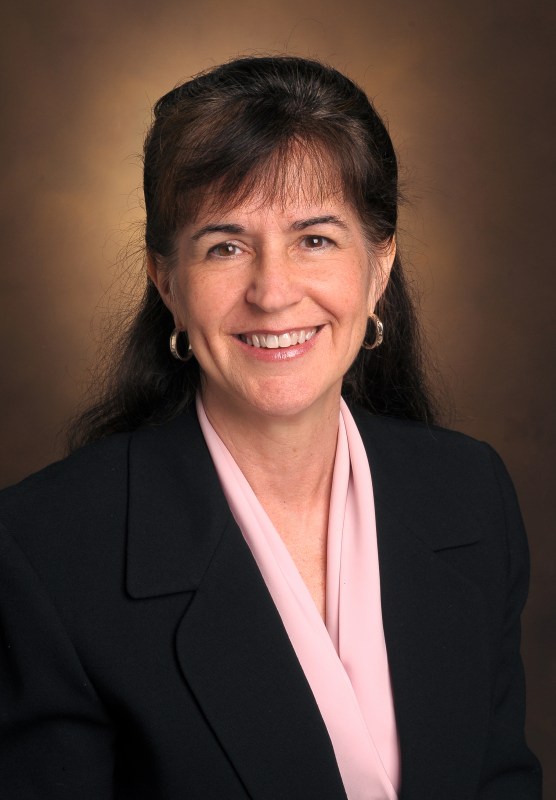
Prof. Peggy Kendall
Profs. Peggy Kendall and Craig Duvall
Antigen specific targeting of autoreactive B lymphocytes using siRNA nanoparticles
Nearly one in 10 Americans suffer from one or more autoimmune diseases. The symptoms of these disorders vary widely but the root cause is the same: friendly fire by the immune system. Reprogramming the immune system to avoid destroying “self” such as the pancreas or the joints is thus key to preventing diseases such as type 1 diabetes or rheumatoid arthritis. The Kendall lab has shown that disruption of B cell signaling prevents both type 1 diabetes and rheumatoid arthritis. But small molecule inhibitors often have off-target effects that cause undesirable side effects in patients.
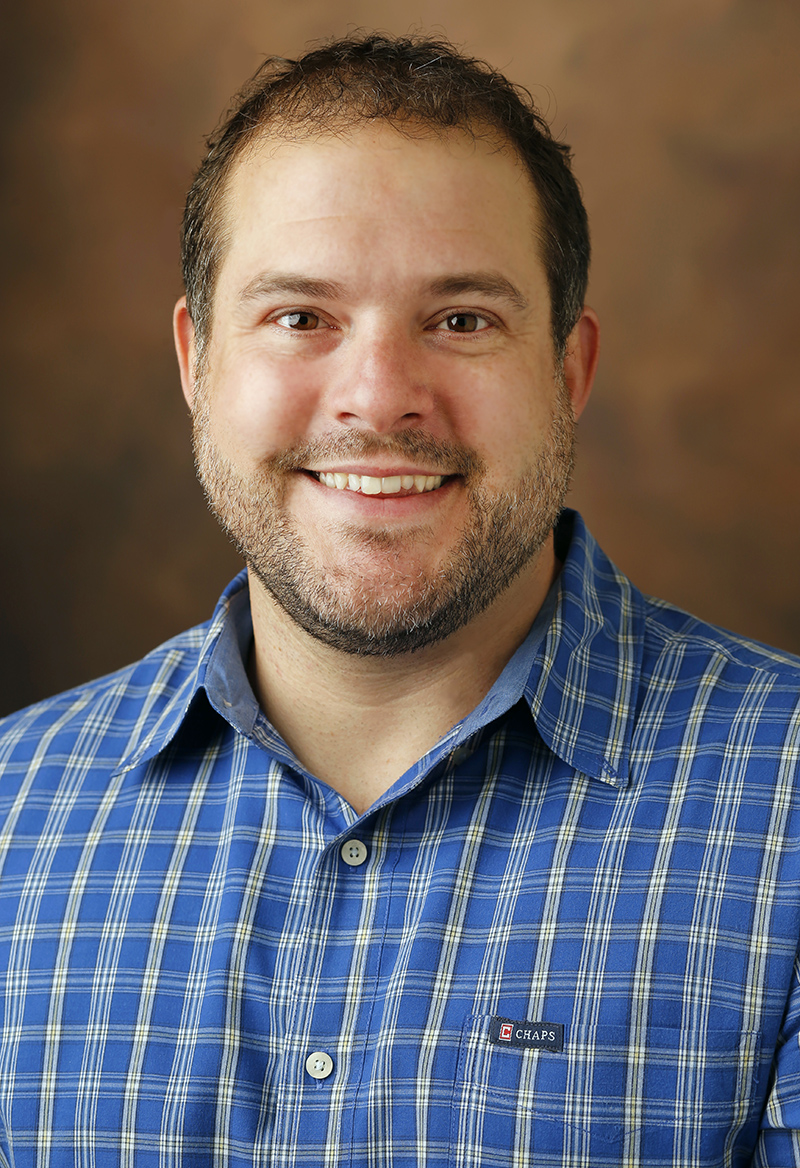
Prof. Craig Duvall
Craig Duvall’s lab is developing nanoparticles to deliver siRNA to B cells as a novel autoimmune therapy. Current studies are underway to develop nanoparticles that not only selectively disrupt these signaling molecules, but do so only in the small subset of autoantigen-reactive B lymphocytes that are responsible for disease.
Be sure to visit this blog page regularly for entries related to the symposium and upcoming EI activities. We invite you to join the conversation by leaving comments or questions in the space provided below.
